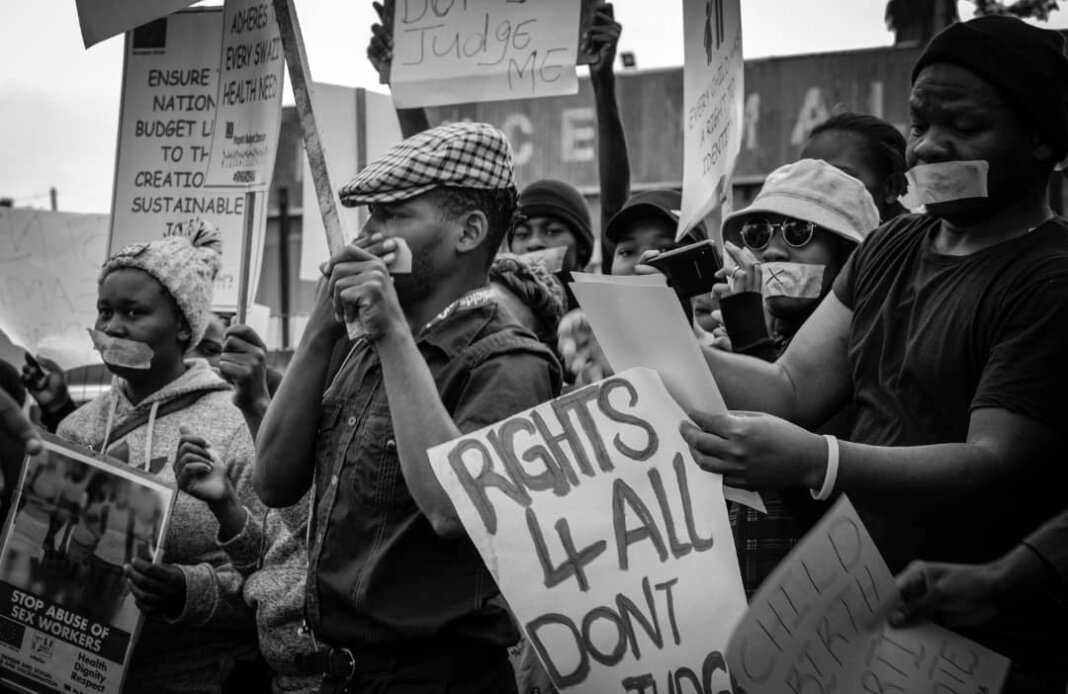Transitional Justice
The History
Transitional justice started after World War II in Europe when soldiers and leaders from Germany and Japan were put on trial for their war crimes. This was called the "Nuremberg trials" and it was the beginning of transitional justice. The focus of transitional justice is how to handle human rights violations during a political transition. Transitional justice relies on human rights laws and processes to hold people accountable for their actions. The field was initially dominated by jurists and legal experts. Transitional justice has its roots in the human rights movement and international law. It has been used to address the oppression of indigenous people in Canada, Australia, and New Zealand. In the United States, it has been used to discuss racial justice issues. Truth commissions have become a symbol of transitional justice and have been used in many countries around the world.

Transitional Justice
Imagine the unimaginable: your sibling was abducted and killed on their way home from school, or your parent was disappeared by a military death squad. The loss and grief would be overwhelming, and you would demand answers and justice.
But what if we were talking about tens or hundreds of thousands of victims, subjected to brutal murder, disappearances, torture, sexual violence, or persecution due to their identity, beliefs, or political affiliation? How can justice be pursued when the state itself is responsible for these violations? How can trust and respect be restored in a society shattered by atrocities committed on an enormous scale?
Transitional justice addresses these questions by exploring how societies can respond to massive and serious human rights violations. It grapples with innumerable dilemmas, and while every context is unique, the same difficult questions must be answered: how to embark on a path towards a peaceful, just, and inclusive future where past crimes have been acknowledged and redressed, and where violence and human rights abuses can never again happen. This journey is challenging and requires the meaningful participation of victims and all sectors of society.
Transitional justice prioritizes the rights and dignity of victims above all else. Its main goal is to ensure accountability, acknowledgement, and redress for the harm suffered by victims. This approach centers on victims and their dignity, setting the stage for a renewed social contract where everyone’s rights are protected and all citizens are included.
